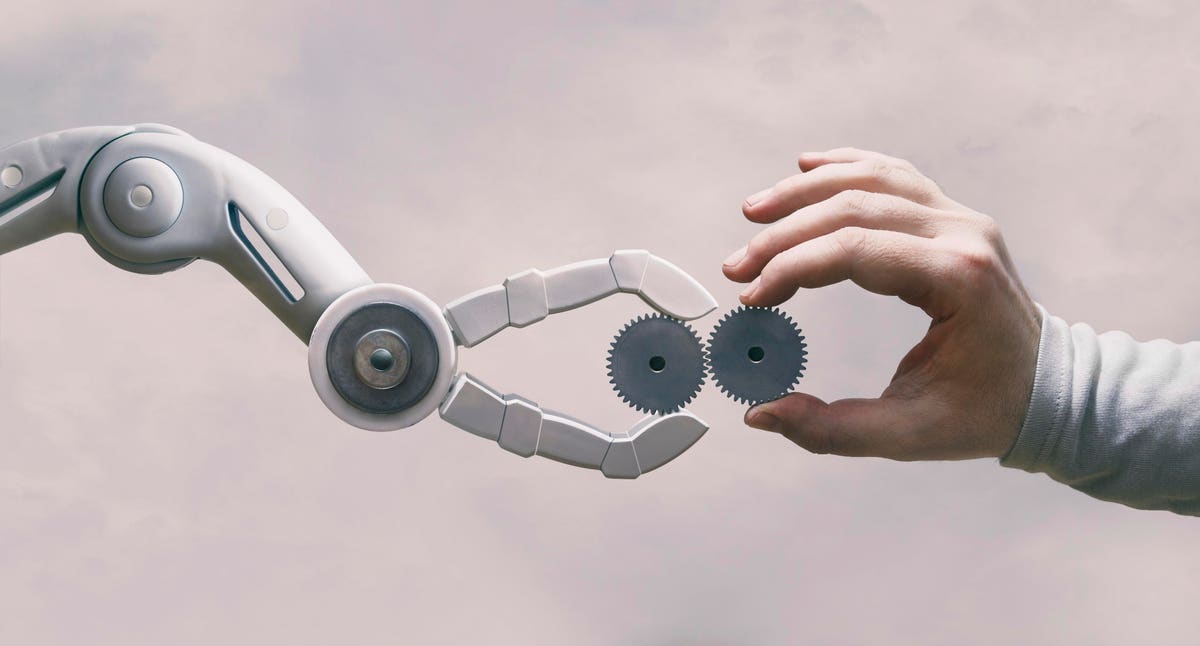Artificial Intelligence (AI), to many a science fiction concept, has recently affected possibly every industry, not least the rapidly growing passion economy. With the access to platforms becoming more democratized in the digital world, this economy has allowed a new generation of creators to make a living and voice their opinions. As we step into a new era in the fast-paced digital development, many people ask themselves: how will AI shape the future of my industry?
Some of the biggest changes to come are already upon people working in social media or content. From automated media generation to monetization and artificial influencers, the people in the forefront have been creative, to say the least.
Based out of Berlin, Julian van Dieken is a digital creator and educator, who integrates some of the latest tools into his media productions, workshops and creative processes. He believes education to be in the center of the development: “One of the most important skills of the 21st century is exploratory learning. Artificial intelligence technology is moving so fast that there’s no other way than to constantly adapt to new changes. Creators who embrace this fact will be the ones who discover new methods, new ways of expressing themselves, and ultimately create work that we cannot even imagine today.”
Notably, music and content creators have seen surrealistic headlines, with AI used to generate songs by, only seemingly, Drake and the Weeknd. Other prominent figures have also seen how new videos with their own faces have emerged on social platforms. The issue of impersonation is probably in its infancy. Yet, asked about the impact of AI in her work, Youtube creator Nella Rose comments: “I’m just looking for ways to use AI positively. I think it could be really beneficial for my supporters and for me, whether that’s identifying topics my fans want me to engage with, reducing trolling, etc. I’m not worried about impersonation either – I know me, my supporters know me, there’s no worry about faking with me.”
TikTok has a reputation of being in the forefront with the hot new trends. Most of the creators asked described how they use the new tools to make their videos more engaging, such as suggesting topics and adding eye-catching visuals. One creator, Eden Harvey, comments: “AI is something that we’re all going to have to embrace, and the potential that it’s going to create for influencers and creators is massive. Above all, I want to keep creating content that provides value for my supporters, assisted by AI or not.”
Adrian Locher has worked with AI longer than most of us, as he founded Merantix, an AI investment platform, in 2016. Coincidentally, the same year as one of the most notable AI-generated virtual influencers Lil Miquela saw daylight. Lil’s account has become very popular, but whether consumers will still feel they are being authentically spoken to when not only the influencer but their content is AI generated remains to be seen. The rise of AI influencers could in fact mean that human influencers who rely on their own creativity will stand out and be in higher demand. Adrian comments: “The pace of AI growth has outstripped expectation in a very short amount of time, and the impact it will have on almost every sector is profound – with the creator economy no exception.”
When it comes to monetization, AI has saved creators much time by not only speeding up process-oriented tasks such as editing or audio-video sync, but also including optimizing ad placement, identifying sponsorship opportunities, and managing digital rights. “These technologies may soon allow brands to analyse creator audiences to find partnerships that make more sense to consumers, thereby opening up new revenue streams for all parties. Additionally, content will be able to be tailored to individual audiences in mere seconds, so we will see hyperpersonalised content,” according to Adrian when asked about the trends. Many of the benefits are not that easy to spot. For instance, the opportunity for social platforms to identify and remove harmful comments and spam bots, an issue which has so far not been adequately addressed.
Viewed as opportunity by some, and risk by others, AI has clearly stirred the way of working for creators. From a macro perspective, the intersection of AI and the creator economy represents a, if not the most, significant shift in how we interact with digital content. As we venture forward, it will be interesting to see how this space evolves.
Some quotes have been edited and condensed for clarity.
Read the full article here





